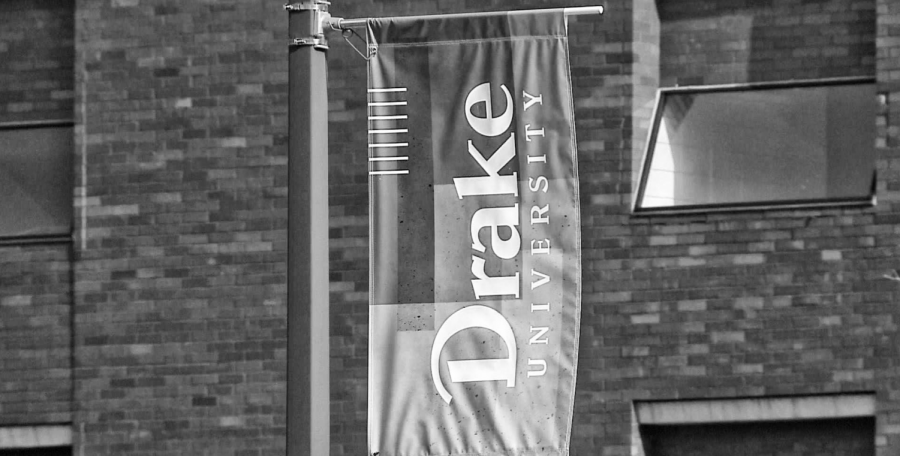Jaimes: Drake University joins other campuses faced with headlining hoax cases
Drake University student betrays legitimate hate crime survivors and is found responsible for creating racist messages found in residence halls.
December 5, 2018
Reade Seligmann, Collin Finnerty, and David Evans were in their 20s when their lives changed forever. As players on the Duke lacrosse team, they were accused of raping an exotic dancer they had paid to perform at a house filled with their teammates. When DNA tests exonerated them and left the prosecuting attorney disbarred, many were left to wonder how a woman in search of a valid excuse for drunk driving was capable of completely concocting the allegations against the men.
They were the perfect suspects. White, rich, males who had recently consumed excessive amounts of alcohol. Numerous late-night hosts, activists, and journalists spewed those exact same descriptions as they painted three young men as guilty of a heinous sex crime. A trifecta of rape, racism, and affluence, their story shook the future of Title IX legislation and, unfortunately, increased suspicion of the legitimacy of similar crimes that followed the incident.
RELATED: IC police, FBI say Owens incident not a hate crime
A few years later, Rolling Stone magazine took heat for disparaging the men of Phi Kappa Psi at the University of Virginia by publishing an exposé on how the fraternity members allegedly gang-raped a female student as part of their initiation process.
The alleged victim later retracted her statement and said it was part of a plot to receive attention from a person she was romantically interested in at the time. Rolling Stone subsequently lost the defamation lawsuit brought by the University of Virginia for publishing an article with such erroneous claims.
Along with the Rolling Stone controversy, the Duke lacrosse incident is one of few hoax cases that received national attention, yet instances of such falsities face many campuses, with one taking place just hours away from the UI at Drake University.
Last week, nearly 3,500 Drake students gathered in support of fellow students who had received racist notes in their dorm rooms. They listened to hear how students’ lives were at risk and that their mental health takes a hit when racist incidents occur. Painted Street, a street typically decorated in artwork celebrating Drake Relays, was painted black as well.
Police later investigated the incident and reported that four of the five notes found seemed to have come from an alleged victim, Kissie Ram, who was charged with making a false report for creating the frenzy.
Ram not only diverted attention from police investigating the story but caused her classmates to fear for their safety. Ram even inspired a copycat, who has yet to be charged for committing a hate crime.
In a rush to be a victim, she minimized the harm of hate crimes in a failed effort to start a dialogue. She did just the opposite and betrayed the students who rallied in support for her — students who will be forced to question the validity of all crimes placed before them as a result of this incident.
At the end of the day, there is an abundance of legitimate crimes to go around, but the victim-turn-suspect-actors in such events reveal that they believe hate is so minimal, it is worth creating. They’ve discredited the actual harm done to survivors, who did not ask to be victimized. It takes one person to create a hoax, but it takes a serious victim extensive time and effort to erase the lies reportedly created by those such as Ram if they seek actual justice. If morality could not deter someone from faking hate crimes, the reminder of pain to legitimate survivors should.







